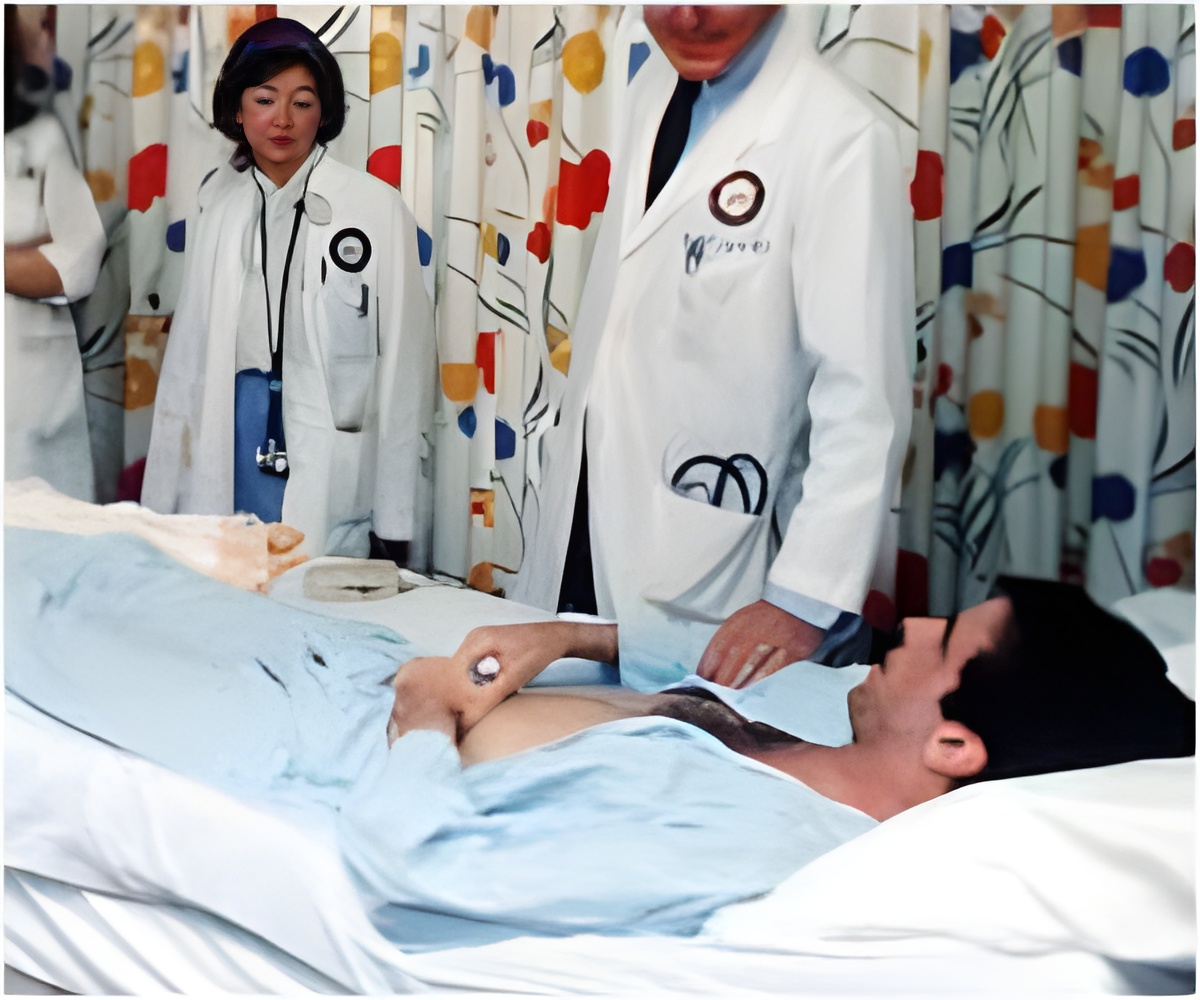
"The exchange of patient health information across care settings is a critical component to the success of the new models to improve care, such as the patient-centered medical home," said Michael S. Barr, MD, FACP, MBA, who leads ACP's Medical Practice, Professionalism & Quality division. "ACP agrees with the 78 percent of survey respondents who believe that exchanging health information will have a positive effect on clinicians' ability to meet the demands of these new care models."
Yet challenges remain for the widespread electronic exchange of health information. More than 70 percent of clinicians surveyed identified lack of interoperability, lack of an information exchange infrastructure, and the cost of setting up and maintaining interfaces and exchanges as major barriers, preventing clinicians from exchanging information with others.
"The Office of the National Coordinator for Health Information Technology has done a lot to encourage the development of the technology needed to support the exchange of information across care settings, but we still have a long way to go," said Dr. Barr. "These gaps are most apparent when we look at the infrastructure, or lack thereof, needed to support the exchange of information and the governance surrounding such exchange."
Additional key findings from the survey include:
- Access to medication lists and relevant laboratory and imaging test results are commonly recognized as high priorities for transitions of care.
- More than half of respondents prefer that information they view as "essential" get "pushed" to them, with the ability to access the rest of the information through a query.
- Timeliness of information is important. A clear majority of clinicians consider "within 24 hours" a reasonable timeframe for the exchange of information when a patient requires follow-up care or is being treated for an urgent problem.
- When updating the electronic health record with information received from an external source, clinicians prefer to be able to selectively pick and choose the information they want integrated.
Advertisement
The clinicians who responded to the survey are predominately primary care providers who work in practice settings that include 10 physicians or less and who are electronic health record (EHR) users.
Advertisement






